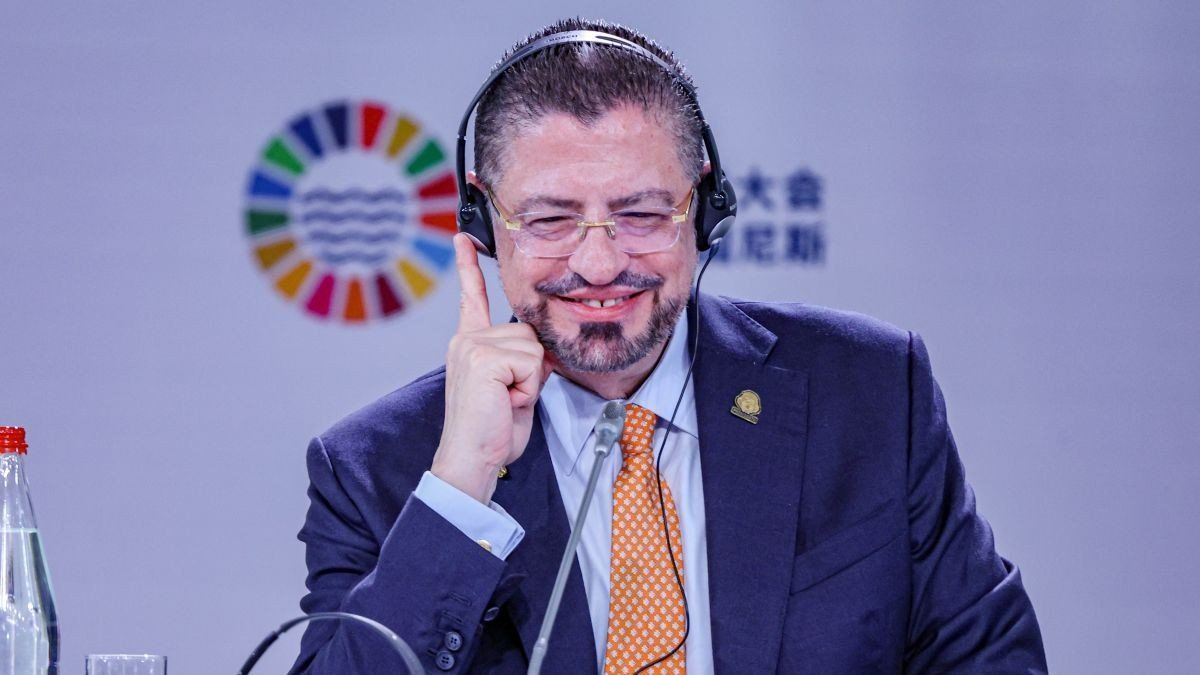7: Costa Rica’s attorney general’s office accused 7 government officials – including President Rodrigo Chaves – of illicit campaign financing in 2022. The prosecutors called on the country’s Supreme Court to lift Chaves’ immunity so he could be placed on trial. Chaves’ office has yet to respond to the allegations.
1: Exactly one year after demonstrators stormed the Kenyan parliament to stop a new tax bill, protesters are again taking to the streets to mark that event. Police have responded by cracking down, hurling tear gas canisters at the crowds.
120: ISIS-linkedgroups in Mozambique’s restive, energy-rich Cabo Delgado province have kidnapped at least 120 children in recent days, according to Human Rights Watch. The groups allegedly use the children for forced labour and marriages, and also as soldiers.
1 billion: Thailand’s health ministry moved to prohibit the sale of recreational cannabis on Tuesday, disrupting an industry that has grown to over $1 billion. The country was the first in Asia to decriminalize cannabis in 2022, but a public backlash over harm to children forced the government to reverse that.
10,000: Authorities arrested a Georgian woman accused of sparking a wildfire that has burned through more than 10,000 acres on the Greek island of Chios. She is suspected of unintentionally starting the blaze by dropping a cigarette butt in the brush..
75: Today marks 75 years since the start of the Korean war, which pitted Soviet-and-Chinese backed North Korea against the US-backed South in the first major clash of the Cold War. The three year long conflict, known as “the forgotten war” in the US, killed as many as three million people, but resulted in little change to the borders of the divided Korean peninsula. And technically, it never ended.
